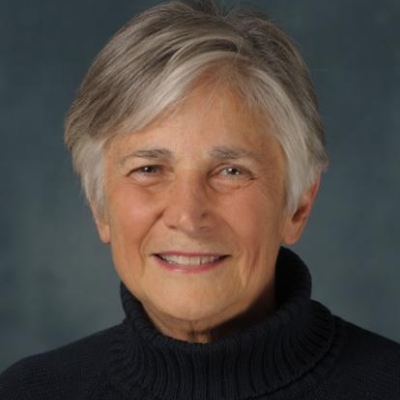For years, the advocates of standards-based reform have held up Advanced Placement tests and the International Baccalaureate as models: a clearly defined syllabus; a teacher who is prepared to teach that syllabus; a course based on the syllabus; an end-of-course examination. Those students who enroll know what is expected of them and have a fair chance to learn it and to demonstrate their learning.
Now comes a bizarre report from the National Academy of Sciences (which can be counted on always to make the perfect the enemy of the good) telling the world that AP and IB curricula are no good; that they rely too much on "factual" knowledge rather than understanding; that some of their teachers are teaching out-of-field; and that these courses need "urgent improvement." To those who have followed the battles in mathematics and science between "hands-on" reformers and reformers who believe in the value of knowing some facts and skills, these debates will appear familiar.
What is truly odd, however, is that after blasting the AP and IB, the NAS panel complains that more minority youth and rural youth should be taking these courses. Go figure.
This panel, according to The New York Times of February 15, was created in 1998 to explain why American students performed so poorly on the Third International Mathematics and Science Study. Here is the best part of the committee's findings: The students who had taken Advanced Placement courses performed better on TIMSS than students who had not taken them.
In other words, the committee is recommending that American education dump one of the preparation programs that is demonstrably effective in addressing the problem of low achievement. As the syndicated columnist Cindy Adams says, "Only in America, kids, only in America."
"Study Faults Advanced-Placement Courses," by Karen W. Arenson, The New York Times, February 15, 2002
Diane Ravitch is a Research Professor at the New York University School
of Education and a trustee of the Thomas B. Fordham Foundation.
